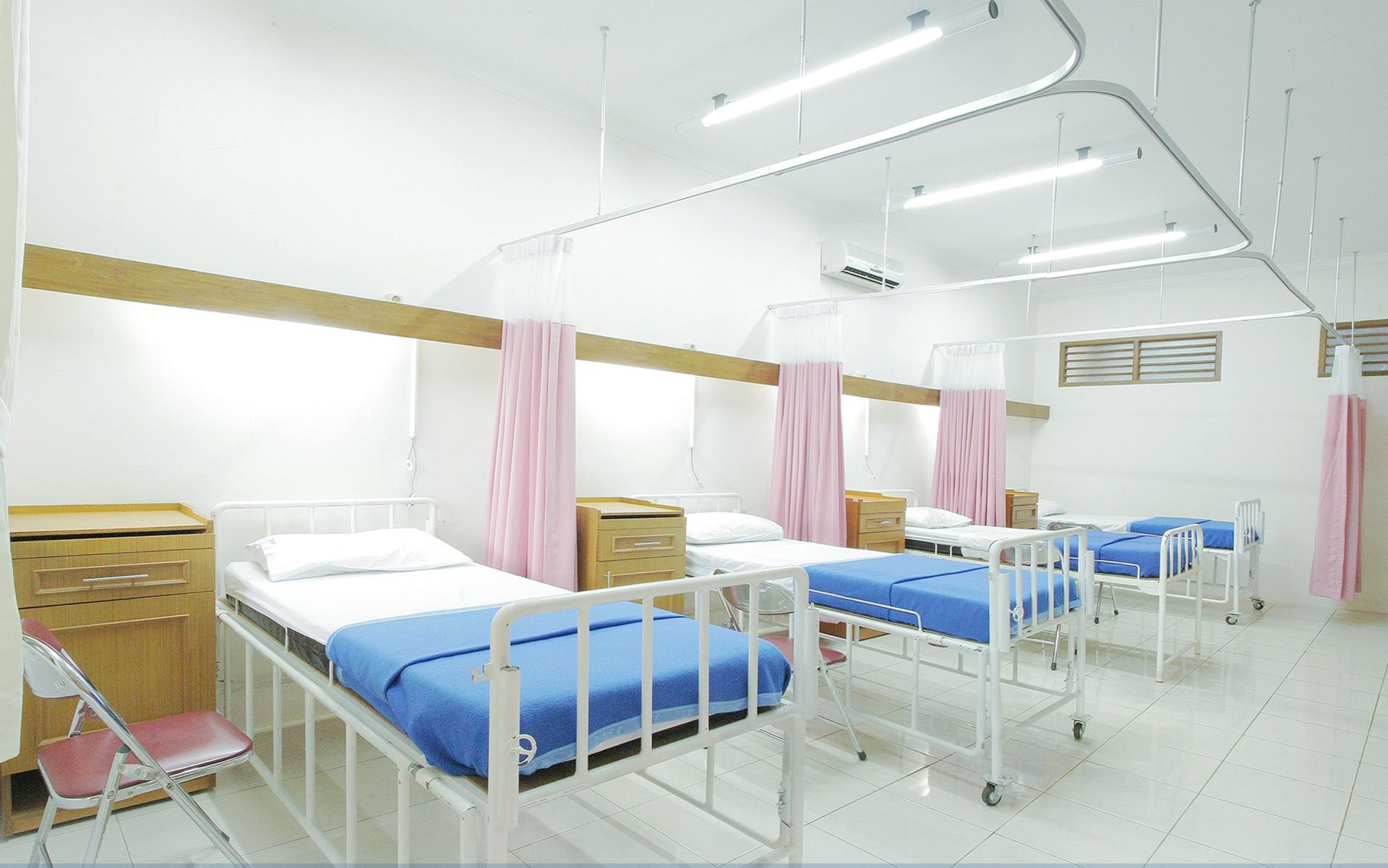ARTHROPLASTY NURSE SPECIALIST
Preparing for your hospital stay.

Slide title
Write your caption hereButton
01 Length of Stay
02 Get dressed
03 What to bring
What To Pack Checklist
An example of a patient's hospital stay
Day Before surgery
Day of Surgery
Day 1 Following Surgery
Day 2 Following Surgery
Day of Discharge
Day 1 At Home
Your follow up
2 Weeks
6 Months
6 Weeks
2 & 5 Years
Intimacy and Sex
Need Help?
- When can I return to driving
You need to be mobilising free from walking aids and off all pain medications.
The average time taken to reach these goals is 6 weeks. You should discuss your return to driving at your 6 week check up .
- When can I travel?
Generally we do not advise travel within the first 6 weeks of surgery. We want you to have recovered from your surgery before travelling. Flying increases the risk of developing a clot for which you are already at a higher risk of following surgery. Clots can heve serious consequences such as a DVT, Pulmonary Embolism Stroke or heart attack. If you really need to travel please discuss thios with your medical team.
- Will my new Knee set off the Xray machine at the airport?
Not normally. However if it does cause the machine to beep simply explain to the security gaurd that you have had a knee replacement operation. There is no need to have a letter from your doctor.
- When can I have Sexual Intercourse?
Most Surgeons will advise to refrain from sexual intercourse for the first 6 weeks following a Total Knee Replacement.
It is generally safe to resume sexual intercourse following this. Special consideration must be given in choosing positions that will protect your new knee. See the Occupational Therapy page for the sexual intercourse booklet which demonstrates some safe positions to try.







